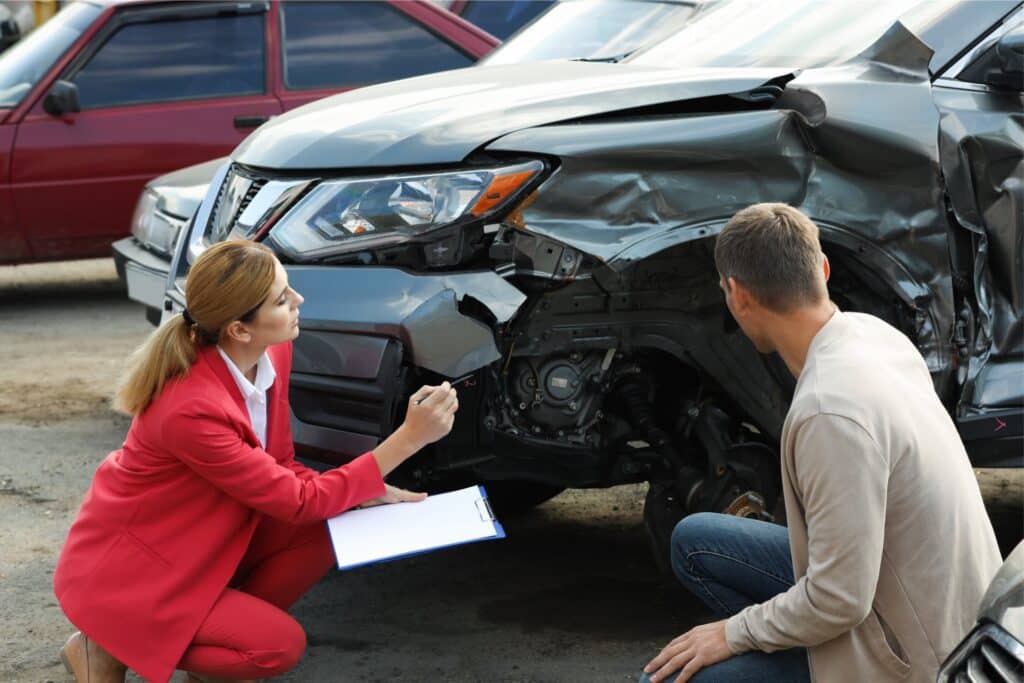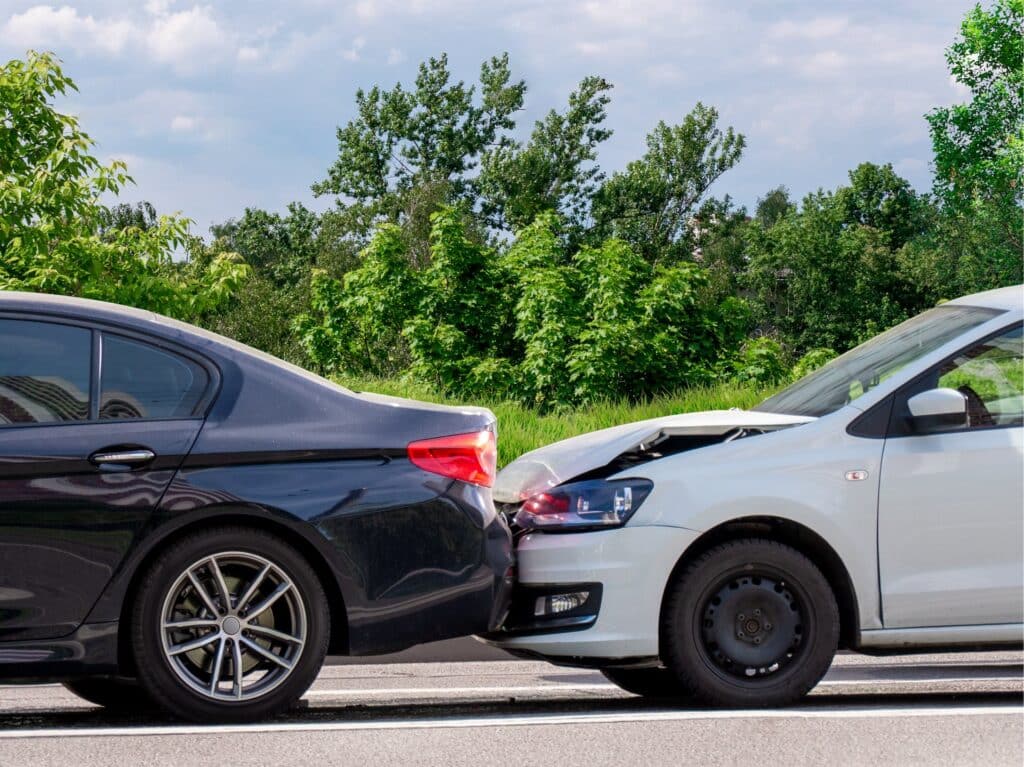If you’ve had a slip and fall accident in Oregon, understanding the legal elements necessary for a successful personal injury claim is crucial. At Zbinden & Curtis Attorneys at Law, we specialize in helping you identify the key factors that can make or break your case. This includes proving the property owner’s negligence, demonstrating the extent of your injuries, and establishing a direct link between the incident and your damages.
We’ll work closely with you to gather compelling evidence, navigate the legal hurdles, and ensure that you’re well-informed throughout the process. With our help, you can secure the compensation you rightfully deserve and the justice your case demands.
In this article, we’ll dive into the specifics of what you need to prove in a slip and fall case in Oregon. We’ll cover the legal definitions of negligence and liability and outline the types of evidence that can support your claim. We’ll also discuss strategies for dealing with common challenges that may arise. Our goal is to provide you with a clear roadmap to help you understand the legal framework of slip and fall accidents while ensuring you feel confident and informed every step of the way.
If you’ve been injured in a slip and fall accident in Portland, call Zbinden & Curtis Attorneys At Law today.
The Duty of Care
In Oregon, if you’re injured in a slip and fall, the first thing to show is that the property owner had a duty of care. Basically, that they were required to keep their property safe for you while you were on it. The simplest example of this is places like restaurants or grocery stores, which need to keep their floors free from spills and clutter that could trip someone. However, the situation gets more complicated when we consider the different types of visitors that may be on the property. The owner may owe a different level of care to each different type.
- Invitees: These are guests who are invited onto the property, like customers in a store or clients in an office. Property owners owe them the highest level of care and must take active steps to ensure the environment is safe for them.
- Licensees: These might be social guests or someone who isn’t there for business purposes, like a friend visiting your home. For these visitors, the owner must fix or warn about known dangers, but they don’t have to inspect for unknown hazards.
- Trespassers: Even those who aren’t legally on the property have some rights. Owners don’t have to keep their property safe for trespassers, but they can’t willfully harm them either. There are also special laws about duty of care when the trespassers are minors.
For all these groups, the key point is that if you’re legally on someone’s property, they have some level of responsibility to protect you from harm caused by unsafe conditions that they know about or should reasonably be aware of. If they fail to keep the property safe for you, they’ll be in breach of their duty of care.
The Breach of Duty of Care
Once it’s clear that the property owner had a duty to keep their place safe, the next step is proving they failed to do so—this is called a breach of duty. For instance, if a supermarket knows there’s a spill on the floor and does nothing to clean it up quickly, that’s negligence. Property owners aren’t expected to prevent every single accident, but the law does require them to act sensibly to avoid foreseeable risks. They should fix known dangers promptly and adequately to ensure that visitors don’t get hurt. If they fail to meet these basic safety standards, they can be held liable for any injuries that occur because of their negligence.
For different types of visitors, a breach of duty can manifest in various ways:
- Invitees: For invitees like customers in a store, a breach might occur if the owner ignores a spill reported by another customer, leading to a slip and fall. Owners need to regularly inspect their premises for potential hazards and address them promptly.
- Licensees: In the case of licensees, such as friends visiting your home, a breach could happen if the homeowner fails to warn visitors about a broken step they know about, which could cause a fall.
- Trespassers: While generally owed less duty of care, if an owner deliberately sets a trap that injures a trespasser, this too, is considered a breach of duty.
In each scenario, the property owner’s failure to take reasonable steps to mitigate known risks constitutes a breach of their duty of care.
Causation
Causation in a slip and fall case is about connecting the dots between the property owner’s negligence and your accident. It’s not enough just to point out a hazard like a wet floor; you need to prove that slipping on this specific wet surface directly caused your fall and subsequent injuries. This means demonstrating that the accident wouldn’t have happened if the hazard had been appropriately addressed and that no other factors contributed significantly to the incident.
Damages
If you’re bringing a slip and fall claim, you must show that the accident led to actual damages. This can include physical injuries, which might range from minor bruises to severe fractures, or financial losses like medical bills and missed work. Emotional impacts, such as stress or anxiety following the incident, can also be considered. To back up your claim, you’ll need detailed evidence like medical records, bills, and proof of lost wages.
Call Zbinden & Curtis, Attorneys at Law
If you’ve had a slip and fall in Oregon, don’t go it alone. At Zbinden & Curtis Attorneys at Law, we understand the stress and pain these accidents cause, and we’re here to help. Our team in Portland is ready to assist you with the legal challenges of proving your case and fighting for the compensation you deserve. We’ll handle the details so you can focus on healing. Give us a call today at (503) 287-5000, and let us take it from here.
 Skip to content
Skip to content









